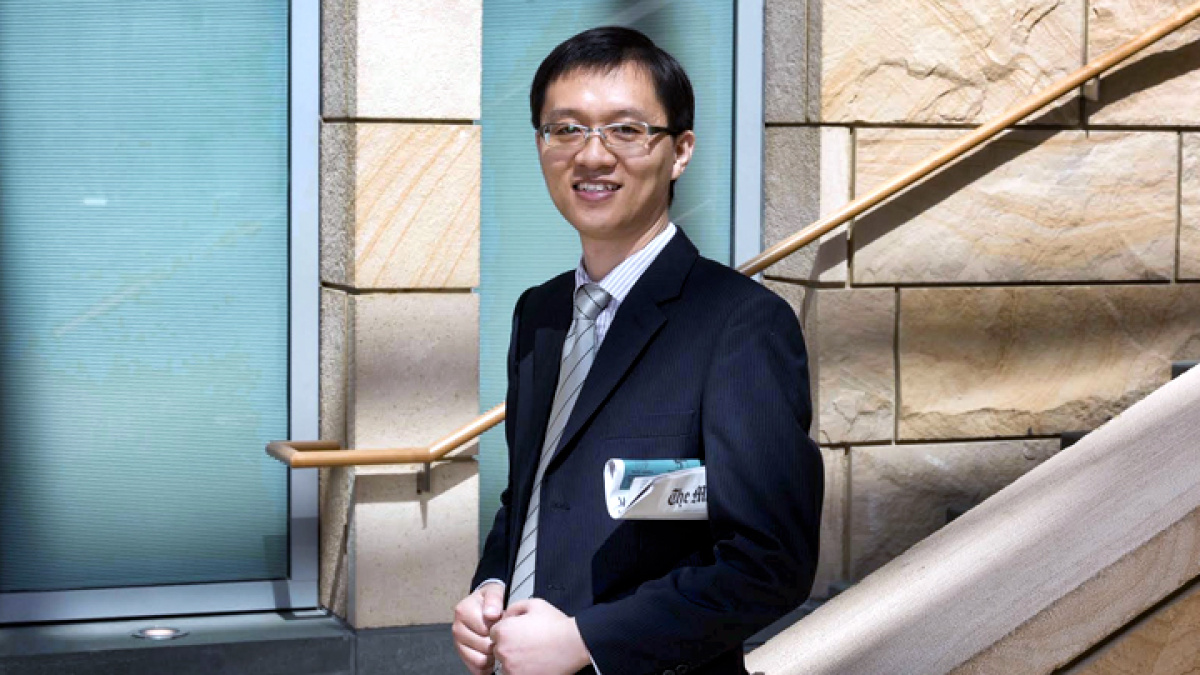
Guihua Wang, PhD
As a PhD student in the Technology and Operations department, my research analyzes the quality of different healthcare providers and how patient-centric information can help patients find better healthcare.
I have an extensive healthcare and operations background. I did my undergraduate studies at the National University of Singapore, and my major was biomedical engineering. After that I earned my master’s degree from Georgia Tech in industrial engineering. Then I went back to Singapore and worked as a supervisor of the industrial engineering department in a logistics company for several years before deciding to pursue a career in academia.
I considered many factors before choosing Ross for my PhD studies. I looked at academic rigor, research interest/fit, and where students go after they graduate, because my primary interest was to become a faculty member.
One of the best things about Ross is the faculty-in-training program.
One of the best things about Ross is the faculty-in-training program. For one semester we are responsible for teaching a class on our own. We are provided training before we begin and during the semester that we teach. We have weekly meetings and reviews with our advisors, and we’re guided on how to interact with students and how to create quality lessons.
I think I learned quite a few things from that experience. At Ross, the class experience is very interactive. Students are encouraged to engage in discussion, so it’s very important for lecturers, faculty members, and PhD students like me to allow students to reflect and ask the questions when they have them, and to let them share their thoughts in class. And the second thing is that it’s important to have interesting class lessons and insert some humor into them. I have found that students learn more and enjoy class if you are able to express the ideas in an interesting way.
Another big benefit of being a Ross PhD is easy access to classes and faculty at other departments within Ross and the University of Michigan. Even within Ross, PhD students’ individual offices are placed near each other, so we often exchange ideas with one another, even if we are from different disciplines. I have found faculty from other departments to be just as supportive as my Ross professors. Talking to them really helps; sometimes their input inspires you to come up with new research ideas.
I would recommend Ross because of how much support they give PhD students. We get funding for academic conferences, traveling, and research; these are all important features of a good PhD program. We have quite a few students who have families here, and the University of Michigan and Ross are very supportive in terms of the medical care, insurance, and these kinds of things.




